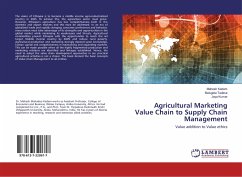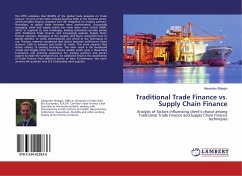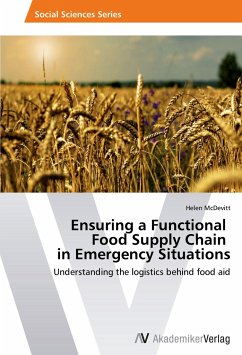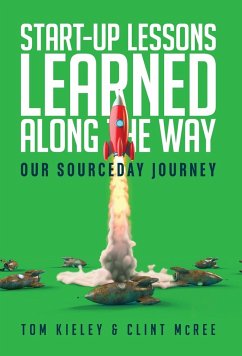
Agricultural Marketing Value Chain to Supply Chain Management
Value addition to Value ethics
Versandkostenfrei!
Versandfertig in 6-10 Tagen
24,99 €
inkl. MwSt.

PAYBACK Punkte
12 °P sammeln!
The vision of Ethiopia is to become a middle income agro-industrialized country in 2025. To achieve this, the agriculture sector must grow. However, Ethiopia's agriculture has low competitiveness both in the domestic and export markets and this must be addressed. In an era of globalized trade and rapidly changing consumer preferences and behavior, every nation must take advantage of its strengths and opportunities in the global market while minimizing its weaknesses and threats. Agricultural commodities present Ethiopia with the opportunities to reach the set target (middle income country by 2...
The vision of Ethiopia is to become a middle income agro-industrialized country in 2025. To achieve this, the agriculture sector must grow. However, Ethiopia's agriculture has low competitiveness both in the domestic and export markets and this must be addressed. In an era of globalized trade and rapidly changing consumer preferences and behavior, every nation must take advantage of its strengths and opportunities in the global market while minimizing its weaknesses and threats. Agricultural commodities present Ethiopia with the opportunities to reach the set target (middle income country by 2025) and reduce rural poverty. Agricultural production and marketing strongly depend upon knowledge, human capital and competitiveness in maintaining and expanding markets. This can be made possible when all the highly fragmented production and marketing relations are identified and linkages established. Hence, the need to adopt the value chain development approaches in our practical agricultural activities is not a choice. The book derived the basic concepts of Value chain Management to all entities.












